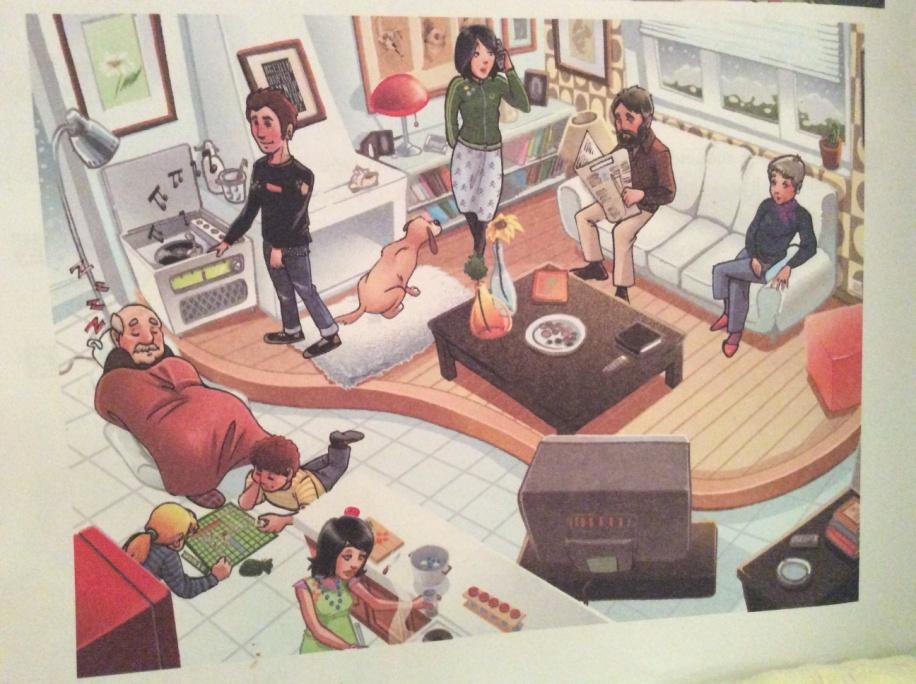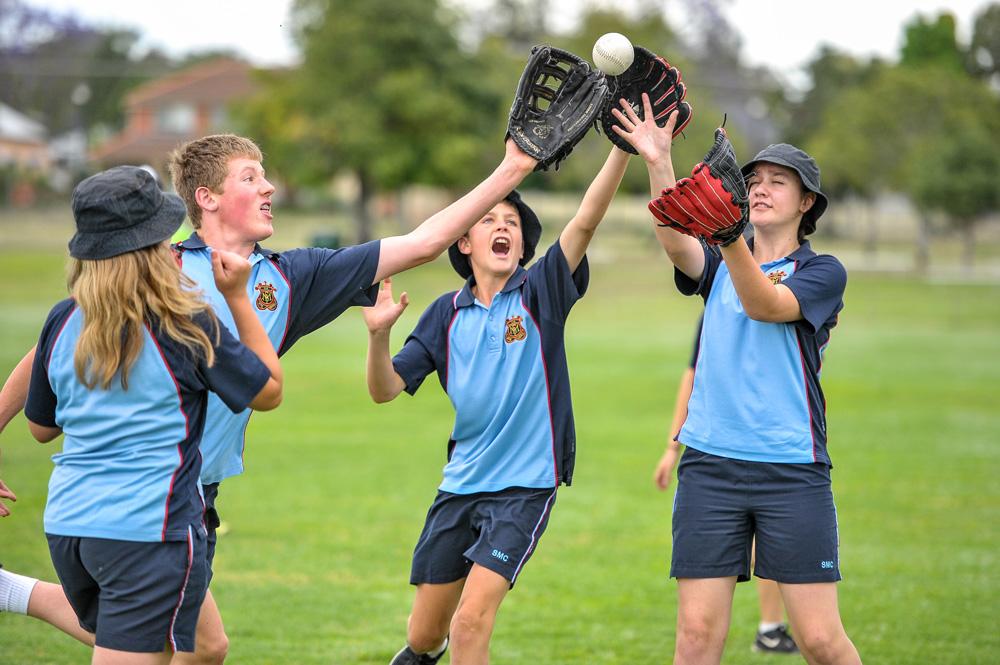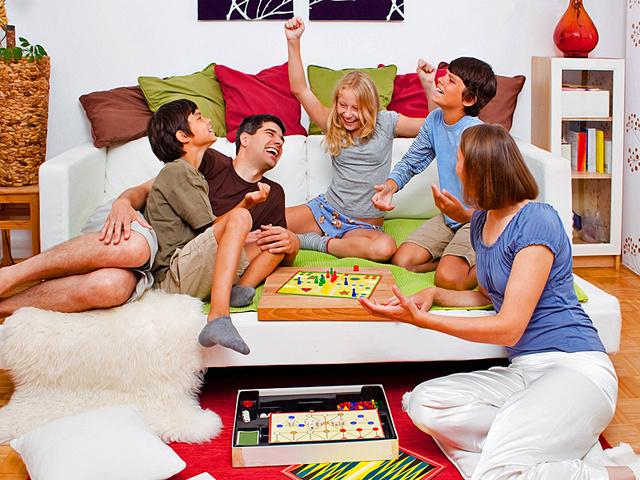Short term plan
|
| Number present: | absent: | |||
| Theme of the lesson: Leisure activities |
| ||||
| Learning objectives | 7.L3 Understand with some support most of the detail of an argument in extended talk on a limited range of general and curricular topics 7. 7.R1 understand the main points in texts on a limited range of unfamiliar general and curricular topics 7.W4 Write with some support topics with some paragraphs to give basic personal information
| ||||
| Lesson objectives | All learners will be able to: Recognize the details of an argument in extended talk when listening with 75% accuracy Identify the main points in the text on a limited range of unfamiliar general and curricular topics when reading with considerable support. Give basic personal information about hobbies when writing in paragraphs in 1-2 simple sentences with 75%accuracy Most learners will be able to: Recognize the details of an argument in extended talk when listening with 85% accuracy Identify the main points in the text on a limited range of unfamiliar general and curricular topics when reading with limited support Provide basic personal information writing topics with some paragraphs making up 2-3 simple sentences with 85 % accuracy Some learners will be able to: Recognize the detail of an argument in extended talk when listening with 95% accuracy Identify and choose a specific information and details in short simple texts when reading without any support. Supply basic personal information writing topics with some paragraphs making up more than 3 sentences with 95 % accuracy | ||||
| Assessment criteria | Recognize correctly the details of an argument in extended talk Identify properly main points in the text on a limited range of unfamiliar general and curricular topics when reading. Demonstrate the ability to give basic personal information about hobbies when writing in paragraphs | ||||
| Value links | respect different points of view | ||||
| Cross curricular links | Kazakh, Russian | ||||
| ICT skills | Interactive board, worksheets | ||||
| Previous learning | | ||||
| Plan | |||||
| Planned timings | Planned activities | Resources | |||
| Start 5 minutes Middle 32 minutes End: 3 minutes
| Greeting students! Warm- up activity. Guessing the theme of the lesson. Strategy “Back to the screen” Look at the interactive board and guess the theme of lesson So the topic of the lesson is «Leisure activities» Dividing into 2 groups by the pictures: «Indoor leisure» and «Outdoors leisure activities» Activity 1. Listening Active method “Listen and match” Transcript for a teacher Leisure in Britain British people spend their free time in a lot of different ways. What do you do in your free time? My name is Amelia: I like to watch television and listen to music a lot. I surf the Internet as well. My name is Oscar: I like to skateboard and rollerblade in my free time. And what do you do in your leisure time My name is Joseph: I play rugby and play tennis. I’m Ruby: In my free time I usually play tennis if the weather is nice I go swimming. I’m Leo: I like playing rugby. I'm a member of a rugby team. I like swimming, playing tennis and football. My name is Max: I play football for a football team, play a lot of tennis as well. I’m Erin: I play rugby, cricket or go sailing. My name is Katie: I like swimming, playing tennis and football.
T g watch TV g play cricket v play football play rugby go skateboarding go rollerblading visit dance group Descriptor A learner
Listens to seven people talking about their free time. Listens to the recording twice. Identifies the main idea in extended talks. Matches activities with an appropriate person Differentiation by grouping Peer assessment Relax time: physical exercises We are having a talk about our summer holidays. It is time to have a rest. Stand up, please. Your head is a ball. Roll your ball. Hop on the left (right) foot. Raise your hands. Hands down. Bend left (right) Jump however you want. You are in the forest. Pick up flowers To Present a flower to the classmate
Activity 2. Reading. Active Method “Scanning ” Formative assessment task Learning objective: 7.R1 Understand the main points in texts on a limited range of unfamiliar general and curricular topics Assessment criteria: Identify properly main points in the text on a limited range of unfamiliar general and curricular topics when reading. Level thinking skills Knowledge and comprehension Application
Task: Read the text and identify the aim of it. Choose the heading for the text. Choose the suitable picture at the end of the sentences. _______________________ Hi! My name is David. I’m 14 years old and I live in New Orleans, in the USA, with my parents and my siblings, Arthur and Emma. I am dynamic boy. I go to school by bike. I like doing sport. We train after school and play matches against other school every week. Playing football is my favourite sport. I’m an excellent swimmer, but I don’t go much. I don’t like water sports. It is too cold in winter. In my leisure time, I play computer games, collecting stamps or read book. My favourite one is playing computer games. But all teacher at school say: “reading is fundamental”, so I must read much more. At the weekends when I have free time, I usually go camping with my parents and my siblings. When my parents go trekking, my siblings , other children and I play hide-and-seek or tag. My favourite game is hide-and-seek. Camping is very enjoyable and fun. We set fire and sing songs. Emma sings and Arthur plays the guitar. Music is their common hobby.
2
3. He goes to school by
4
5
Descriptor A learner
Reads the text Identifies the main points in the text chooses the right picture
Activity 3. Writing. Active strategy “ Story map” “Think-Write-Share” Write a short composition about the way you spend your leisure time using Story map Leisure time.
Descriptor A learner
uses the plan suggested writes some sentences in paragraphs giving information about leisure activities connects sentences using basic connectors and linking words with some support writes sentences in grammatically correct English
Differentiation by outcome
Teacher provided assessment
Self-assessment: Ladder of success
| White board
Pictures of leisure
Worksheet 1
Worksheet 2
Worksheet 3 Handout | |||
|
|
|
| |||
| Additional information
| |||||
| Differentiation – how do you plan to give more support? How do you plan to challenge the more able learners?
| Assessment – how are you planning to check learners’ learning?
| ||||
|
Differentiation by grouping
Differentiation by outcome Provide more complicated task to more able learners More able learners will be provided extra task
| Oral Feedback Peer assessment Assessment provided by the teacher Self-assessment “Ladder of success” | ||||
| Reflection Were the lesson objectives/learning objectives realistic? Did all learners achieve the LO? If not, why? Did my planned differentiation work well? Did I stick to timings? What changes did I make from my plan and why?
|
| ||||
| Summary evaluation What two things went really well (consider both teaching and learning)? 1: 2: What two things would have improved the lesson (consider both teaching and learning)? 1: 2: What have I learned from this lesson about the class or achievements/difficulties of individuals that will inform my next lesson? | |||||

 Получите свидетельство
Получите свидетельство Вход
Вход









 ask: Listen to the text and match corresponding speaker with their activities
ask: Listen to the text and match corresponding speaker with their activities o sailing
o sailing 
 o on the Internet
o on the Internet
 isit drama group
isit drama group
 1. David is from
1. David is from 


 . He has got
. He has got 














 Leisure activities (1.88 MB)
Leisure activities (1.88 MB)
 0
0 465
465 7
7 Нравится
0
Нравится
0





